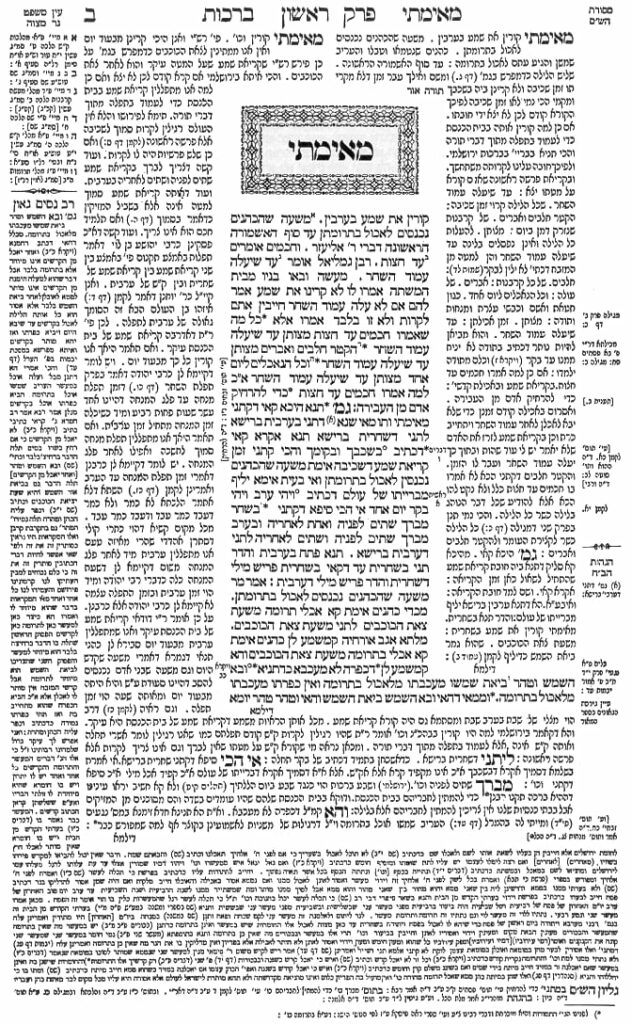Firstly, there is no falsehood in the Gemara. The varying opinions, whether two or three, are all part of the Torah, which represents God’s will and wisdom. However, we typically follow only one of these opinions as the binding verdict. Generally, the majority opinion among the sages is the one that forms the basis of halacha (Jewish law).
Even the opinions that are not accepted as halacha are still part of the Torah and, therefore, part of G-d’s wisdom. The question arises: Is the wisdom of the Torah divine will dressed in human understanding, or is it a philosophy rooted in human reason? The Torah is G-ds will. The opinions not currently accepted as halacha might become binding in the future. For instance, the teachings of Beit Shamai are true, though not halacha for now. In the future, halacha will align with the views of Beit Shamai.
The Babylonian Talmud contains multiple opinions on various subjects that derive from the infinite depth of the Torah. While all opinions in the Talmud are part of divine wisdom, only one is typically followed as binding law, usually the majority opinion.
Even though some opinions are not followed, they are still considered part of the Torah and G-d’s wisdom. Additionally, opinions not currently accepted might become halacha in the future, as Arizal wrote in his books, that Beit Shamai’s teachings will one day be the accepted law in the Messianic era. The entire creation awaits the revelation of Moshiach and the building of the Third Holy Temple, as this would signify the end of evil in the world.
*This is from a series of articles by Rabbi Bernstein Moshe.




